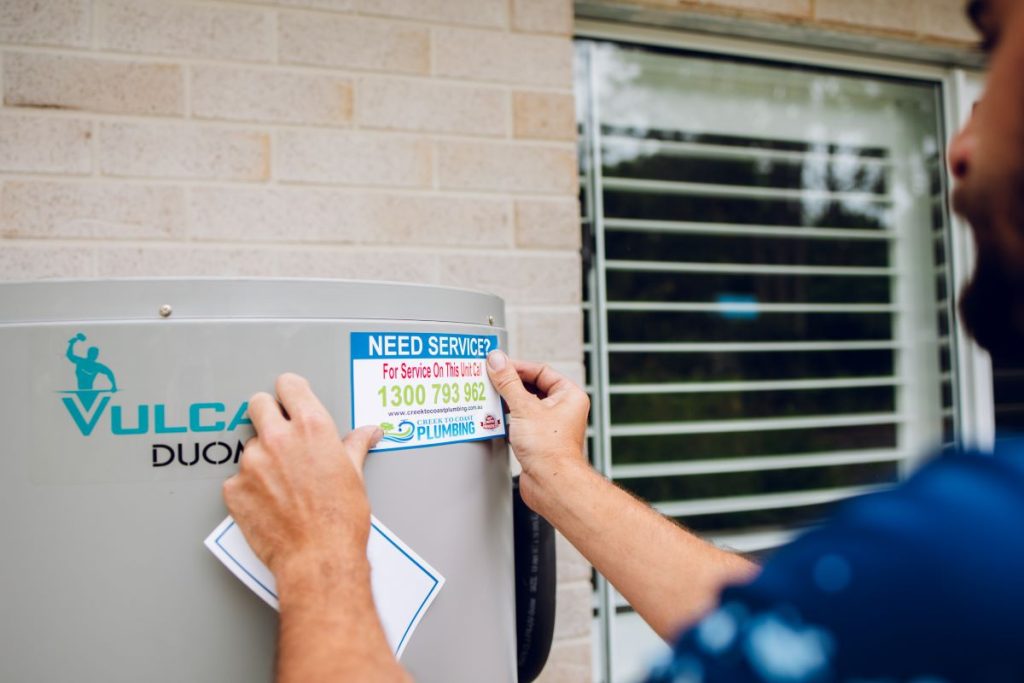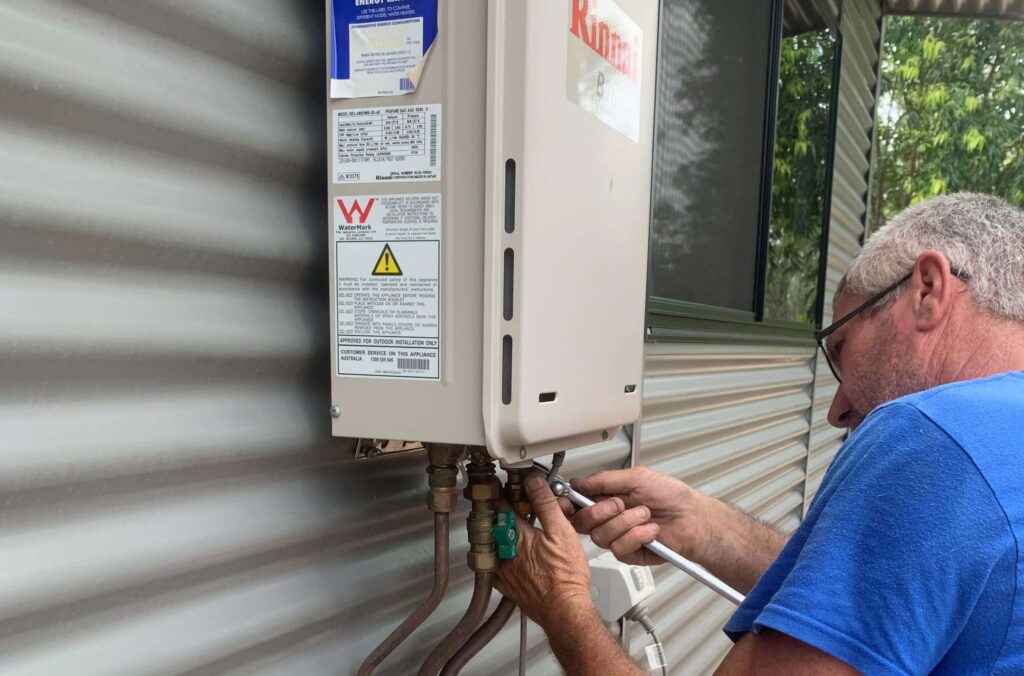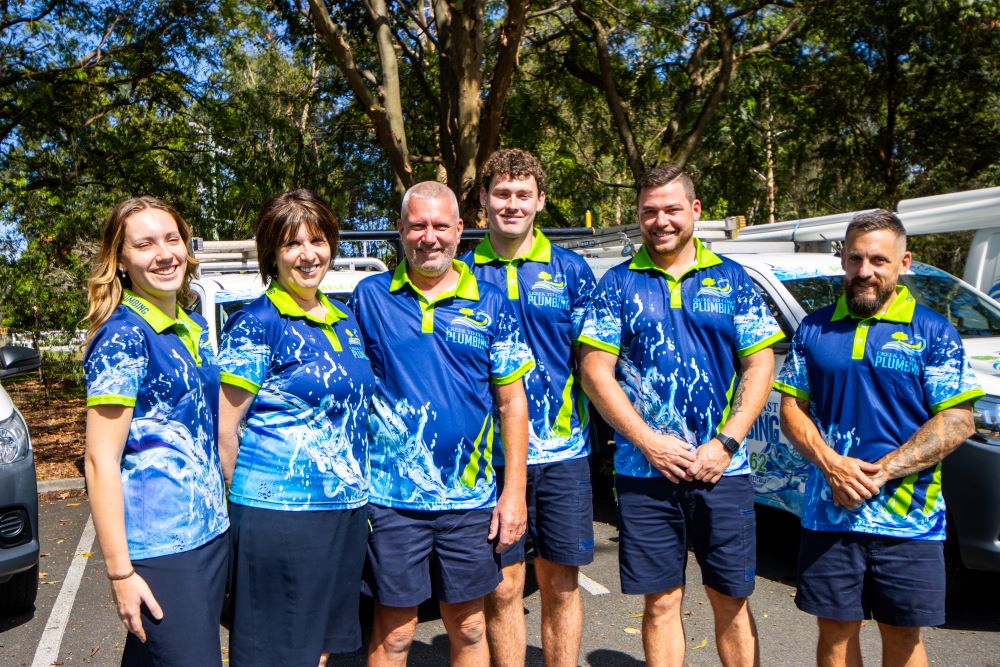If you are contemplating the installation of a solar hot water system in Queensland, comprehending the function and importance of booster systems is crucial. These systems significantly enhance the performance of your solar hot water setup, ensuring that you have a reliable and efficient source of hot water throughout the year. You may be questioning whether a booster is truly necessary for your system and what might happen if you decide to forgo this vital component. Answering these queries is essential for homeowners aiming to optimise their hot water efficiency while guaranteeing a steady supply, irrespective of seasonal variations.
The answer is a resounding yes — a booster is absolutely essential. In this detailed guide, we will explore the intricate workings of solar hot water systems, the specific circumstances that activate boosters, and the critical information homeowners in Queensland must grasp to avoid unexpected cold showers, thereby ensuring a consistently reliable hot water supply year-round.

Discover the Critical Importance of Boosters for Your Solar Hot Water System
A booster functions as a secondary heat source, typically powered by electricity or gas, which efficiently heats your water supply during periods when solar energy is insufficient. This functionality is vital for ensuring a consistent supply of hot water under various circumstances, including:
- Days with overcast weather or rain when solar energy availability is markedly reduced
- Early mornings or late evenings when the sunlight is limited, affecting solar gain
- Winter months characterised by shorter daylight hours, which can diminish solar efficiency
- High-demand situations, such as during multiple showers or laundry loads
Without a booster in place, your solar hot water system may struggle to provide a reliable hot water supply, especially during peak usage times or adverse weather conditions. Therefore, understanding the critical role of a booster is indispensable for optimising your hot water experience and ensuring comfort within your home.
Making the Right Choice: Electric vs Gas Boosters for Optimal Efficiency
Electric Boosters are commonly found in households that rely entirely on electricity for their energy needs. These systems automatically heat the water whenever the solar input falls below a predetermined threshold. The advantages of electric boosters include:
- Widely available and straightforward to install, thus making them a popular choice among homeowners
- Lower initial installation costs compared to gas systems, making them more accessible for budget-conscious consumers
- Operates automatically, ensuring the availability of hot water and enhancing overall convenience
- Potentially higher running costs, which may vary based on your energy tariff structure
Conversely, Gas Boosters are generally favoured in homes that already have a gas supply. They offer on-demand heating capabilities, activating only when hot water is needed. The benefits of gas boosters include:
- Rapid and efficient heating capabilities, delivering hot water quickly and effectively
- Generally lower running costs compared to electric boosters, potentially leading to significant long-term savings
- Higher initial installation costs if a gas connection is not already in place, which should be carefully considered
For households with continuous-flow demands or those transitioning from off-grid solar systems, we strongly recommend considering gas boosters due to their superior efficiency and performance benefits, which can ultimately enhance your hot water experience.
How Solar Boosters Seamlessly Integrate with Your Hot Water System
Most solar hot water systems are equipped with a thermostat or sensor that continuously monitors the water temperature. If the temperature falls below the required level—usually set at 60°C for health compliance—the booster automatically activates, ensuring that you always have access to hot water, regardless of external conditions.
Homeowners typically have two options to choose from:
- Manual Boosting: This option allows you to control when to activate the booster system, offering flexibility based on your specific needs and preferences.
- Automatic Boosting: The system engages the booster only when necessary, providing enhanced convenience for users and ensuring hot water availability.
In Queensland, automatic boosters are more commonly employed due to their alignment with local regulations and the convenience they provide homeowners, ensuring peace of mind along with a dependable hot water supply throughout the year.

Key Regulations Governing Solar Hot Water Systems in Queensland
As per the Queensland plumbing regulations, it is mandatory for any compliant solar hot water system to reliably deliver hot water throughout the entire year. This regulation inherently signifies that a booster is an indispensable component for ensuring compliance.
This requirement also serves as a vital safety standard. To prevent the growth of harmful bacteria such as Legionella, it is essential that hot water consistently reaches at least 60°C. Without a booster, maintaining this critical temperature becomes increasingly challenging, particularly during cloudy or cold days when solar input is insufficient.
Identifying Common Indicators of Issues with Your Solar Booster System
How can you determine if your booster is malfunctioning? Be on the lookout for these common signs:
- Water remains lukewarm during the colder winter months, which may indicate potential issues
- Experiencing cold showers in the mornings, even after sunny days, suggesting inadequate heating performance
- System fault lights or error codes appearing on your unit, signalling possible malfunctions
- Hot water is only available after prolonged exposure to sunlight, indicating insufficient heating performance
What actions should you take?
If your system is not performing as anticipated, the issue could be linked to the booster rather than the solar panels themselves.  Schedule a comprehensive system check with our professional team to efficiently identify and resolve any issues, ensuring optimal performance and comfort in your home.
Schedule a comprehensive system check with our professional team to efficiently identify and resolve any issues, ensuring optimal performance and comfort in your home.
Recommended Maintenance Intervals for Your Solar Boosters
To ensure that your solar system and booster operate at their best, we recommend scheduling maintenance every 2–3 years. However, earlier servicing may be necessary if you observe:
- Your system is older than five years, which can lead to declines in efficiency and performance
- Inconsistent water temperatures, indicating potential malfunctions or issues that need addressing
- A significant amount of time has passed since the anode rod or valve was inspected, which can adversely affect overall system performance
Regular maintenance not only helps prevent breakdowns but also guarantees that your booster activates when needed, providing you with consistent hot water at crucial times, especially during periods of peak usage.
Evaluating the Financial Impact of Boosters on Your Energy Expenses
A properly installed and well-maintained booster system typically has a minimal impact on your energy bill, particularly when contrasted with systems that rely solely on electricity for heating water.
To reduce the frequency of booster usage and the associated costs, consider implementing the following strategies:
- Install a timer for manual boosters to optimise energy usage effectively and drive down costs
- Utilise hot water primarily during daylight hours when solar energy is plentiful and cost-effective
- Insulate your pipework to minimise heat loss, thereby enhancing overall efficiency and reducing energy expenditure
Expert Guidance for Your Solar Booster Needs in Queensland
We offer comprehensive services for the supply, installation, and maintenance of solar hot water systems with boosters across Caboolture, Moreton Bay, and North Brisbane. If you are uncertain about the functionality of your booster or require assistance in determining the most suitable type for your system, we are here to assist you in navigating your options effectively.
 Contact a licensed solar plumber today for expert advice tailored to your system.
Contact a licensed solar plumber today for expert advice tailored to your system. Explore detailed cost comparisons and various system types here to empower your decision-making process.
Explore detailed cost comparisons and various system types here to empower your decision-making process.

Answering Your Most Common Questions About Solar Boosters
Can I turn off my booster to save energy?
Yes, you can, but this is only advisable if your system permits manual control. However, proceed with caution—without proper monitoring, the risk of encountering cold water increases significantly, especially during peak demand periods when hot water is most essential.
What is the ideal temperature for hot water?
Hot water should reach a minimum of 60°C for storage systems. This temperature is not only a legal requirement but also a key health standard in Queensland, ensuring safety and preventing bacterial growth in your water supply.
Is it possible to add a booster to an existing solar system?
Absolutely! We can retrofit boosters onto compatible systems or assist you in upgrading to a new model that features integrated controls for enhanced functionality and efficiency, ensuring your hot water needs are met reliably and effectively.
The Article: Solar Hot Water Systems: Is a Booster Necessary? first appeared on https://writebuff.com
The Article Booster for Solar Hot Water Systems: Is It Needed? Was Found On https://limitsofstrategy.com
The Article Booster for Solar Hot Water Systems: Essential or Not? found first on https://electroquench.com

